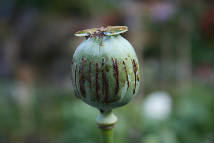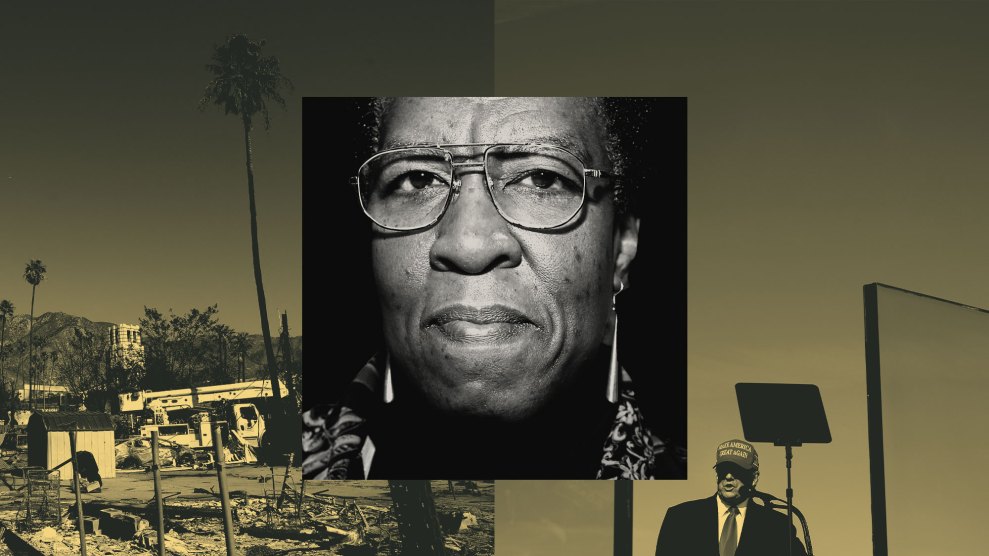
Going on seven years since U.S. troops invaded Afghanistan and sent the Taliban running, opium production in that country—the primary source of funding for Islamist fighters—has grown beyond anyone’s imagination. During its reign, the Taliban regulated the heroin trade, strictly enforcing production quotas and making certain that they got a cut of every ounce sold. Oddly enough, the existence of a narco-state kept the size of the crop under control, relatively speaking. Now that the bearded clerics are gone (at least temporarily), market forces have taken over and poppy cultivation has exploded.
According to a report released today by the National Security Network (NSN), Afghanistan’s poppy crop, in terms of the acreage of land used for its cultivation, goes beyond anything Colombia’s cocaine kings would dare to dream. It’s the country’s largest export, worth more than $4 billion per year and employing some 3.3 million Afghans. The United Nations Office on Drugs and Crime reported that last year’s harvest was of “unprecedented size in modern times and unseen since the opium boom in China during the nineteenth century.” So much for the War on Drugs.
An excerpt from the NSN report:
In plain view of the United States and the international community, the opium trade is overwhelming Afghanistan’s legitimate government. The facts are stunning: in 2001, after a Taliban ban on poppy cultivation, Afghanistan only produced 11 percent of the world’s opium. Today it produces 93 percent of the global crop; the drug trade accounts for half of its GDP; and nearly one in seven Afghans is involved in the opium trade. In Afghanistan, more land is being used for poppy cultivation than for coca cultivation in all of Latin America. The trade strengthens the government’s enemies and – unless its large place in the Afghan economy is permanently curtailed by crop replacements and anti-poverty efforts – poses a potentially fatal obstacle to keeping the country stable and peaceful.
Afghanistan is caught in a vicious cycle. The fall of the Taliban brought the end of their highly coercive crop reduction program. A combination of U.S. inattention and widespread insecurity and poverty allowed poppy cultivation to explode. As the opium economy expanded, it spread corruption and empowered anti-government forces, undermining the Afghan state, leading to more poverty and instability, which in turn only served to further entrench the drug trade. Meanwhile the illicit activity has been a boon to the Taliban insurgency, which has traditionally used poppy cultivation as a lever to improve its own position. Today, the Taliban relies on opium revenues to purchase weapons, train its members, and buy support.
Photo used under a Creative Commons license from laughlin.
















